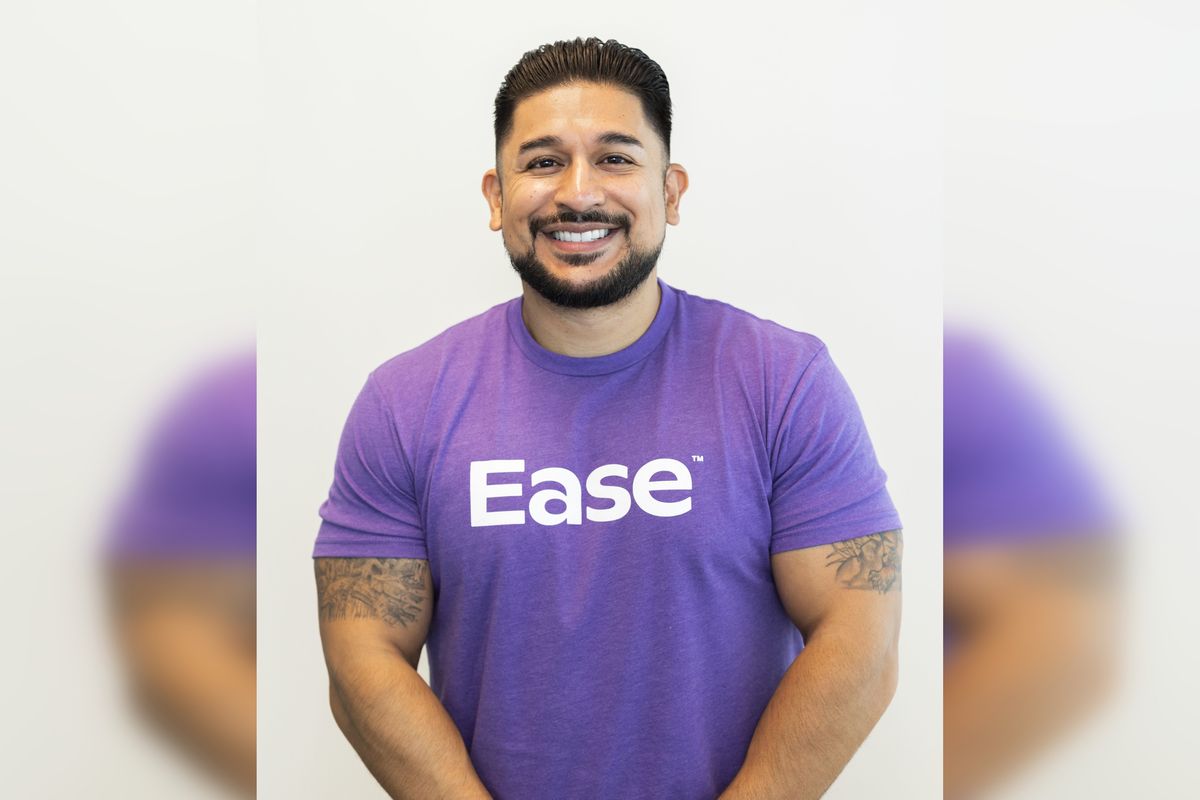Houston-founded startup raises $1.2M and moves headquarters to Detroit
moving forward
Houston-founded ChurchSpace, known as the Airbnb for churches, has formed an official partnership with the City of Detroit and will relocate its headquarters.
The announcements come as the company successfully closed a $1.2 million oversubscribed funding round. The round was led by California-based Black Ops Ventures, with participation from Michigan Rise and Dug Song of Minor Capital, who is also the founder of the Song Foundation, another Michigan-based organization.
"This raise is more than a business milestone—it's a testament to what happens when strategy meets faith. In today's climate, raising capital takes grit and resilience—especially without deep networks or traditional access. By God's grace, doors have opened, and our mission is clearer than ever. Now, with capital in hand, we're building boldly toward a future where the Church isn't just surviving—but leading community transformation," Emmanuel Brown, co-founder and CEO of ChurchSpace, said in a statement.
In Detroit, ChurchSpace plans to activate underutilized church campuses as micro-logistics spaces for food distribution and retail partnerships, as well as last-mile delivery centers. To kick off its relocation, ChurchSpace will host a Detroit Pastor Meetup on July 19.
"We welcome ChurchSpace's investment in Detroit and the jobs and innovation it will bring," Detroit Mayor Mike Duggan added in the release. "Our faith community has long been a critical backbone of our neighborhoods. Through ChurchSpace's groundbreaking work, they will continue to be anchors of opportunity and resilience in our city's future."
ChurchSpace was originally founded to convert underutilized church real estate into event, meeting and commercial kitchen space to boost revenue and relieve financial burden while remaining compliant with IRS regulations for non-profits. The company participated in the inaugural cohort of the AWS Impact Accelerator for Black Founders, which included a pre-seed fundraising campaign and a $125,000 equity injection from Amazon in 2022. It was also one of two Houston companies to receive $100,000 as part of the Google for Startups Black Founders Fund that same year.
The company reports that its platform in Texas has generated up to $100,000 annually in new revenue that was reinvested into church ministries, food programs and community initiatives.
"What we built in Houston was more than technology—it was transformation. We expanded our purpose and packaged proven strategies to help churches thrive, transform communities, and even combat food insecurity," Day Edwards, co-founder and president of ChurchSpace, added in the statement. "Now, with prayer and the support of our team and investors, we're bringing that same impact to Detroit—to help churches, communities, and small businesses redefine pulpits and rediscover communal possibilities."

 Mario Amaro, founder of Ease, was selected for one of Amazon's accelerator programs. Photo courtesy of Amazon
Mario Amaro, founder of Ease, was selected for one of Amazon's accelerator programs. Photo courtesy of Amazon Day Edwards is the co-founder and CEO of Church Space, which was founded in 2020. Photo courtesy of Church Space
Day Edwards is the co-founder and CEO of Church Space, which was founded in 2020. Photo courtesy of Church Space